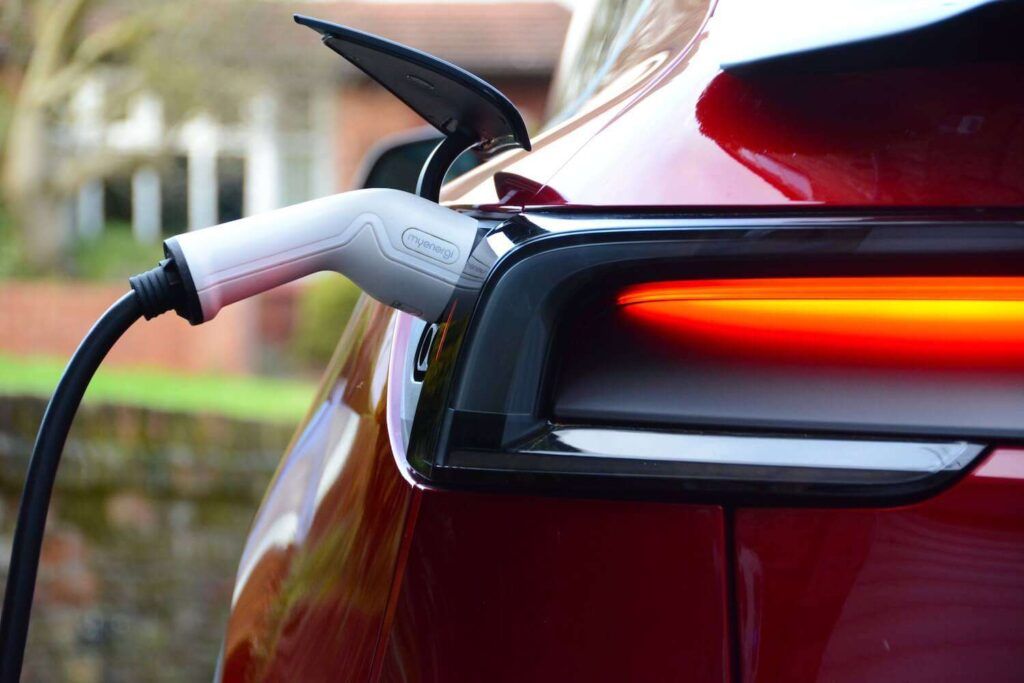New research by Cornell University has developed a new wireless charging system for electric vehicles (EVs), so they can be charged while out on the road.
The newly envisaged system is simpler and easier to embed into road surfaces making it more practical than the magnetic field concept, as it does not require materials such as ferrite and can operate at higher frequencies.
This new ‘smart road’ system involves drivers changing lanes to a specific charging lane while driving, and which has pairs of insulated metal plates embedded in the ground, connected to a power line.
These plates create oscillating electric fields that attract and repel charges in metal plates attached to the underside of the moving EVs. A high-frequency current is then passed into a circuit on the vehicle, where it charges the vehicle’s battery.
The research was led by associate professor of electrical and computer engineering, Khurram Afridi, at Cornell University, New York, and could revolutionise EV charging infrastructure by allowing EVs and other autonomous vehicles to charge while driving, saving time while on the road and increasing productivity – paving the way towards sustainable transportation.
The new EV charging project could solve range-anxiety problems for drivers and also pave the way for the hyper-productivity usage of future autonomous vehicles.
Image: Shutterstock












